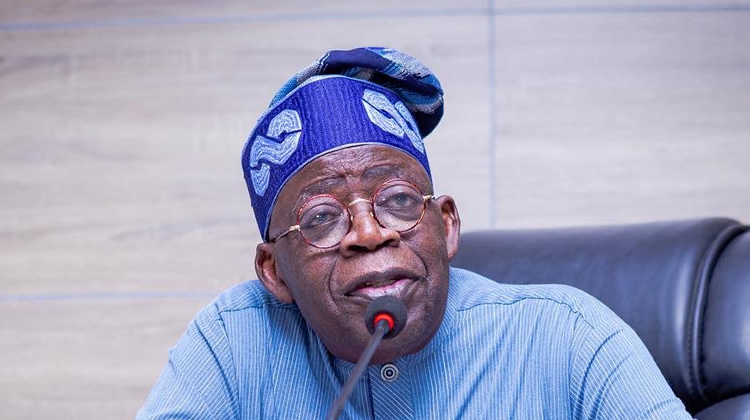Latest News
Tinubu defends subsidy removal, says it will save Nigeria money

President Bola Tinubu has defended the fuel subsidy removal, saying it was a tough decision, but necessary to save Nigeria from going under.
Tinubu, who spoke in an interview with journalists in a nationwide broadcast to mark 2023 Democracy Day on Monday in Abuja, said the removal of subsidy was a difficult decision, but one that had to be taken in order to save the country’s economy.
He lamented that the subsidy regime was a drain on the country’s resources and that the money could be better used to improve infrastructure and provide social services.
“In my inauguration address on May 29, I gave effect to the decision taken by my predecessor-in-office to remove the fuel subsidy albatross and free up for collective use the much-needed resources, which had hitherto been pocketed by a few rich.
“I admit that the decision will impose an extra burden on the masses of our people. I feel your pain. This is one decision we must bear to save our country from going under and take our resources away from the stranglehold of a few unpatriotic elements.
“Painfully, I have asked you, my compatriots, to sacrifice a little more for the survival of our country. For your trust and belief in us, I assure you that your sacrifice shall not be in vain. The government I lead will repay you through massive investment in transportation infrastructure, education, regular power supply, healthcare and other public utilities that will improve the quality of lives.
President Bola Tinubu’s decision to remove the subsidy has been met with mixed reactions. Some Nigerians have welcomed the decision, saying it will help to reduce corruption and improve the country’s economy. Others have criticized the decision, saying it will lead to higher prices for fuel and other essential commodities.
Tinubu has said that the government will take steps to cushion the impact of the subsidy removal on Nigerians. He has promised to provide subsidies for the poor and vulnerable and to ensure that the prices of other essential commodities do not rise too high.
